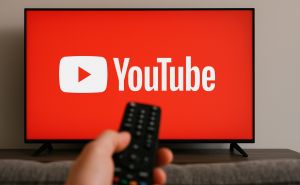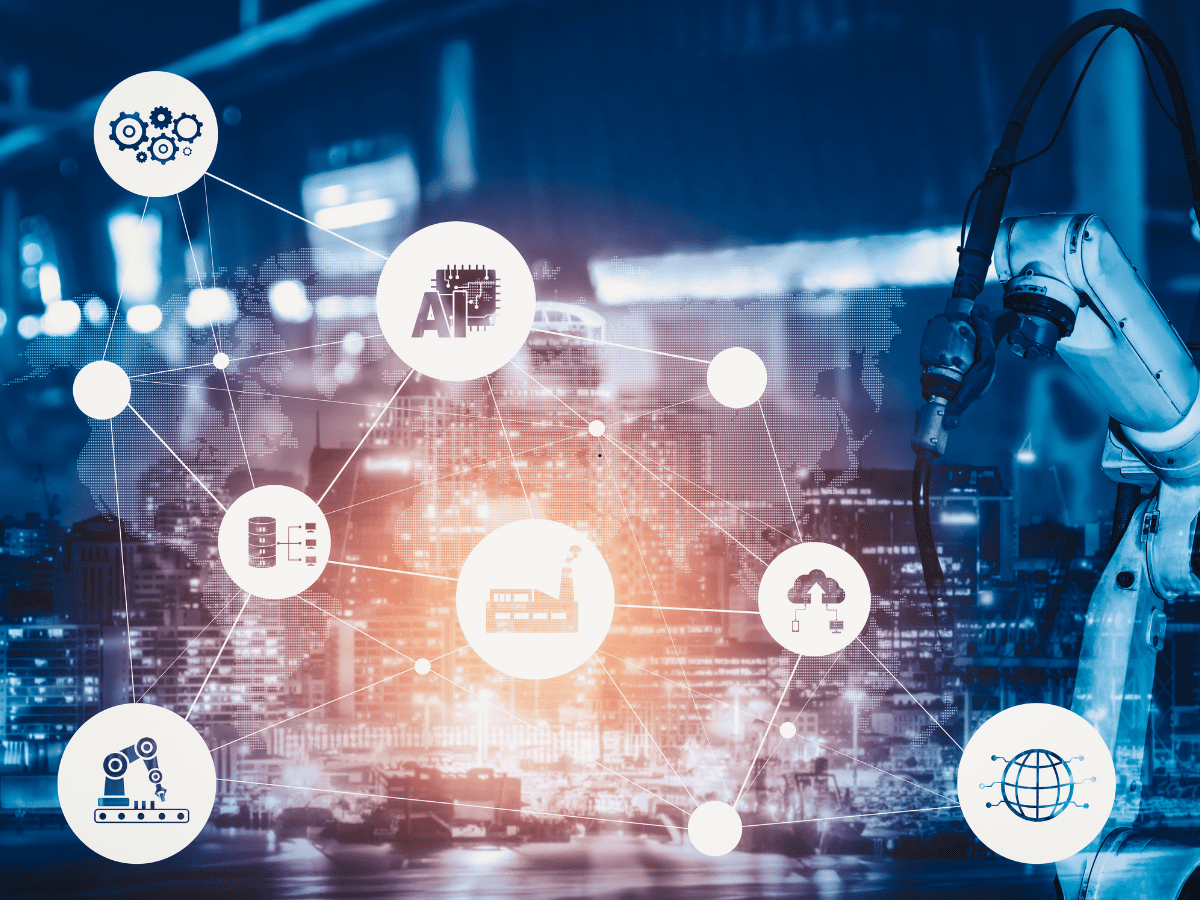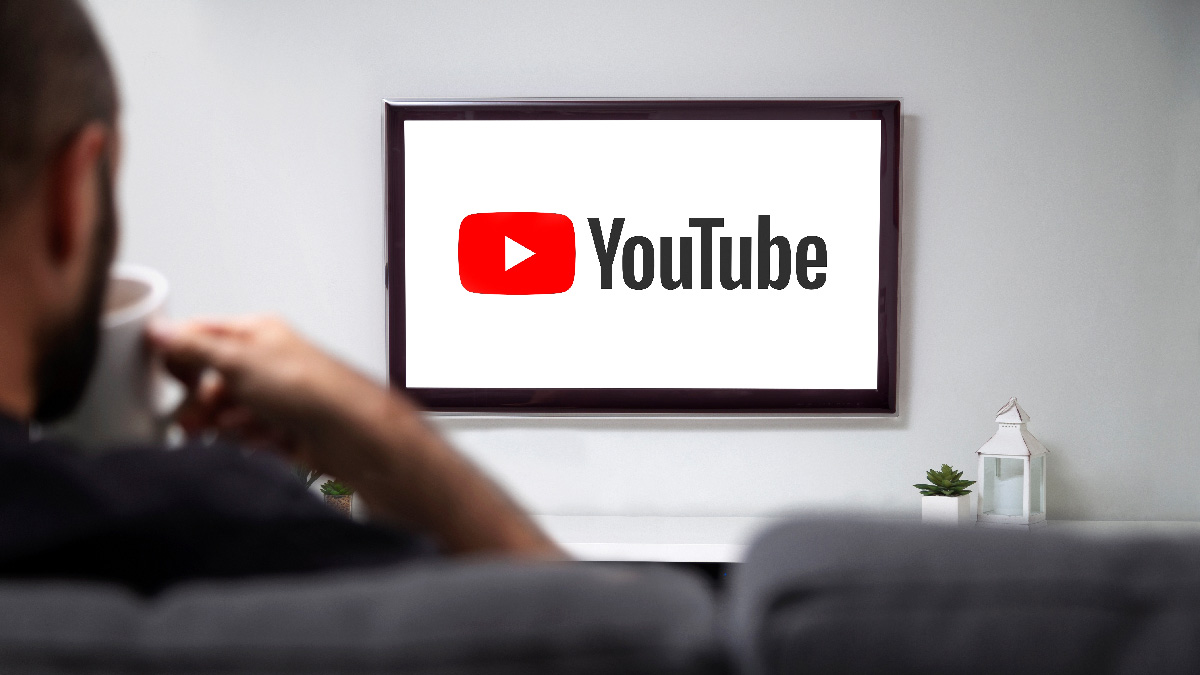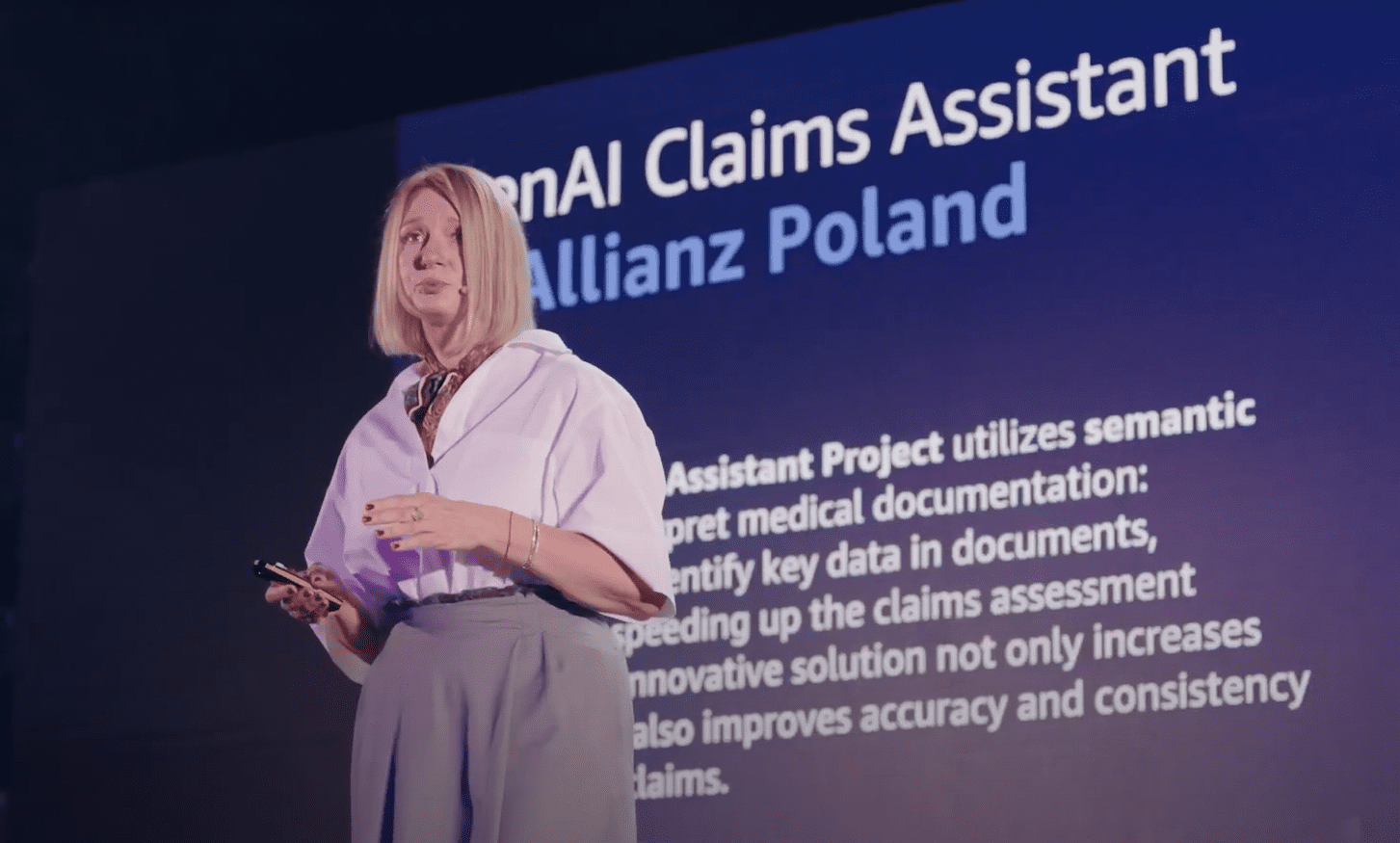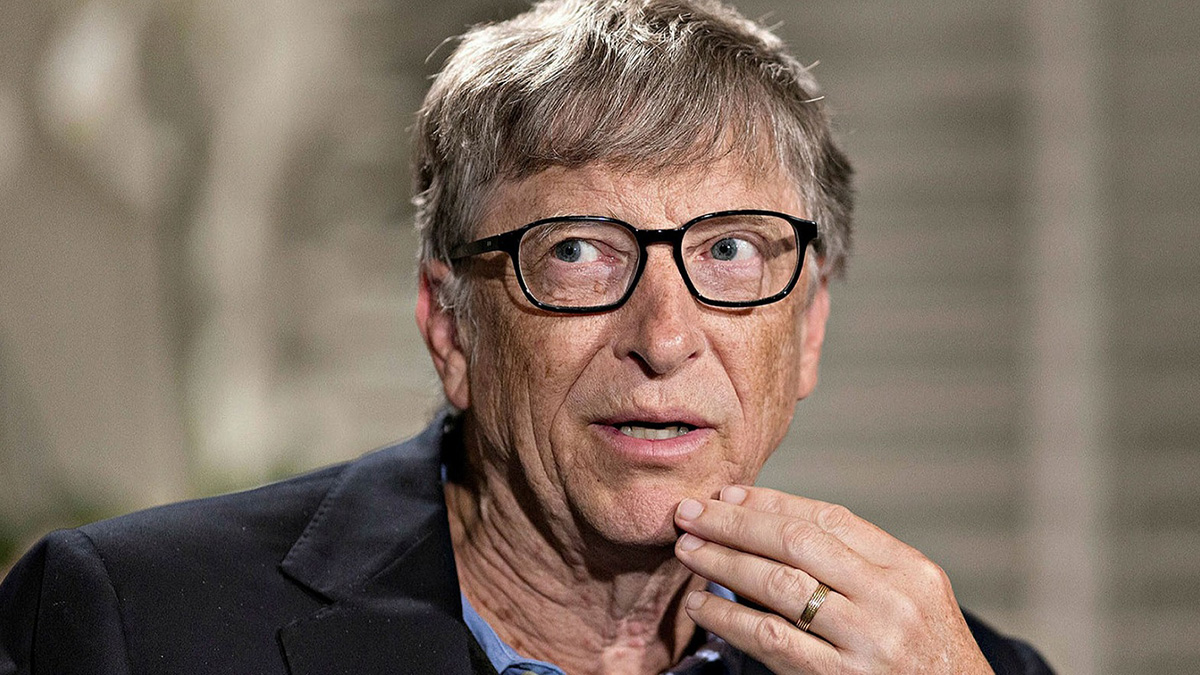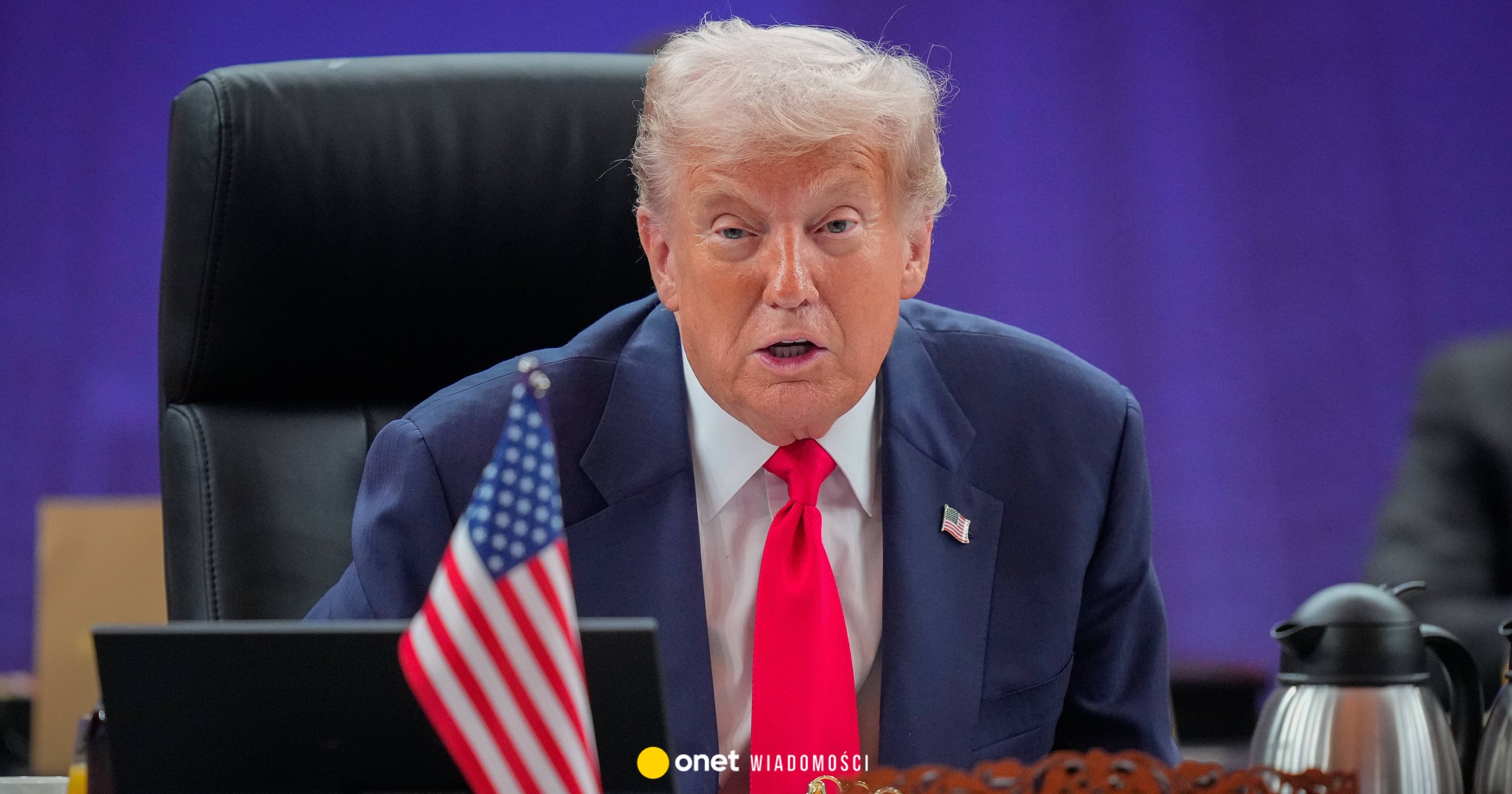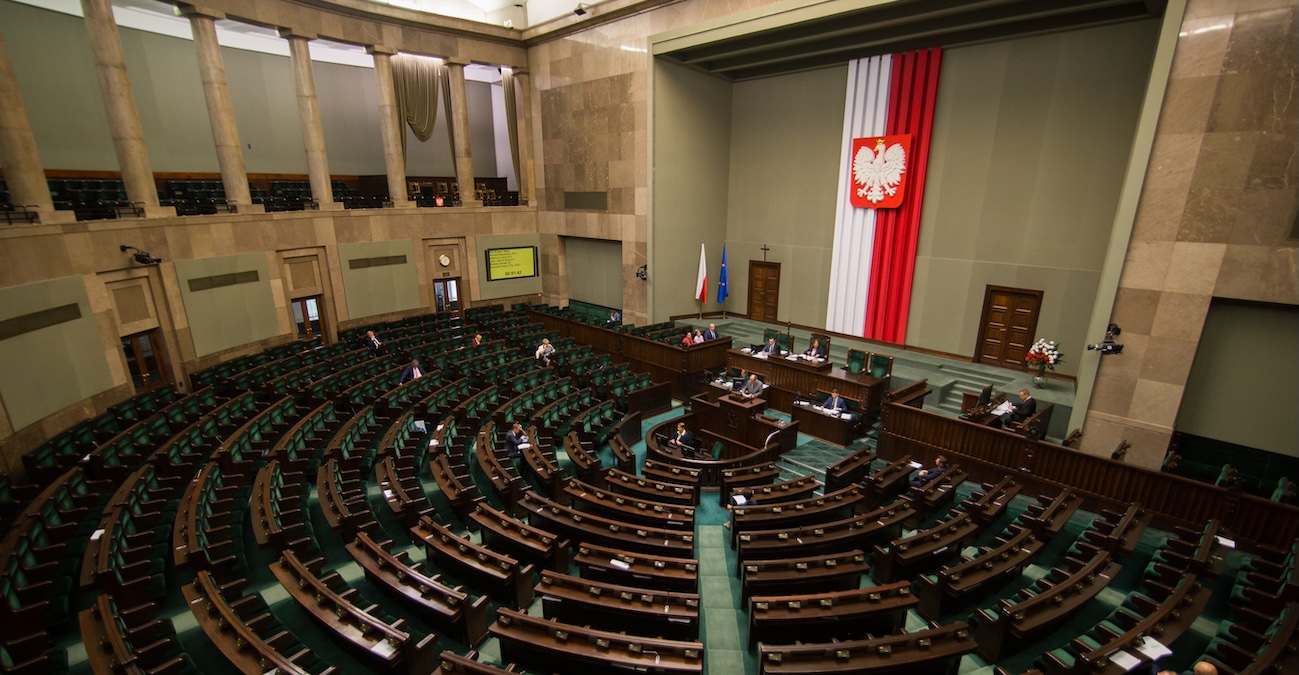- OpenAI is developing a music‑generation tool that can create music from text and audio prompts, with use‑cases like scoring videos or adding instruments to a vocal track, according to The Information and follow‑up reports. The Information
- Timing and product shape are unconfirmed. Reports say it may be a standalone app or integrate into ChatGPT/Sora; OpenAI did not respond to requests for comment in at least one report. The Economic Times
- A claim that OpenAI is “working with Juilliard” was misreported: Juilliard’s press office says the school itself is not involved, while The Information’s co‑author clarified OpenAI has worked with some Juilliard students, not the institution. CDM Create Digital Music
- If launched, OpenAI would enter a crowded, litigious market where startups Suno and Udio face landmark lawsuits from major labels over training data. RIAA
- The move builds on OpenAI’s earlier music research (MuseNet in 2019; Jukebox in 2020), but would be its first modern consumer push into music creation. OpenAI
- Regulation is converging: the EU AI Act requires providers to publish summaries of copyrighted training data, and the US NO FAKES Act has been reintroduced with support from music groups—and (notably) backing from OpenAI. European Parliament
- Market stakes: the generative‑AI‑in‑music market is forecast to reach roughly $3B by 2030. Grand View Research
OpenAI’s reported music play, explained
What happened. The Information reports that OpenAI is building a tool that composes music from text and audio cues, potentially to soundtrack videos (including Sora clips) or to add instrumentation to vocals. Multiple outlets echoed those details, noting that launch timing and format remain unsettled. The Information
The Juilliard wrinkle. Early summaries claimed OpenAI was collaborating with The Juilliard School. Juilliard’s press office told Euronews Next the reports were “not true,” and a separate fact‑check clarified the institution isn’t involved—though The Information’s co‑author says OpenAI has worked with some Juilliard students, not the school itself. This nuance matters for licensing, consent and optics. euronews
Why now. OpenAI already has a foothold in audio (notably its Voice Engine, which it withheld from wide release over misuse risks) and is expanding consumer products (Sora 2 video, the Atlas browser). Music would complete a text–image–video–audio creative stack with obvious cross‑overs (e.g., score a Sora video directly). OpenAI
The competitive and legal landscape OpenAI is stepping into
Intense legal headwinds. In 2024 the RIAA—on behalf of UMG, Sony, and Warner—sued Suno and Udio for alleged mass copying of recordings to train their generators. The RIAA’s Mitch Glazier warned, “We can only succeed if developers are willing to work together with us.” RIAA chief legal officer Ken Doroshow called the cases “straightforward” copyright infringement. RIAA
Across the Atlantic, the EU AI Act imposes transparency obligations on generative‑AI providers, including publishing summaries of copyrighted data used for training—a rule with direct consequences for music models. European Parliament
Platforms are repositioning. Spotify has announced “artist‑first” AI partnerships with Sony, Universal and Warner, signaling a pivot from crackdowns to licensed innovation: “Musicians’ rights matter. Copyright is essential.” The Guardian Deezer now tags AI‑made tracks and withholds royalties from fraudulent uploads. AP News
Rivals abound. Google DeepMind’s Lyria powers YouTube’s AI music experiments (Dream Track and Music AI tools), and Meta has open‑sourced MusicGen via its AudioCraft library. Suno and Udio have grown fast despite litigation. Google DeepMind
Licensing winds may be shifting. In early October, reports suggested major labels are nearing “landmark” AI licensing deals that would set precedents for training and AI track creation—an environment that could favor a well‑resourced player like OpenAI that can negotiate at scale. Reuters
What experts and stakeholders are saying
- Mitch Glazier, RIAA CEO: “Unlicensed services … set back the promise of genuinely innovative AI for us all.” RIAA
- Ken Doroshow, RIAA CLO: “These are straightforward cases of copyright infringement.” RIAA
- Harvey Mason Jr., Recording Academy CEO: “AI companies must properly gain permission from and compensate creators.” RIAA
- EU Parliament on the AI Act: generative‑AI providers must “publish summaries of copyrighted data used for training.” European Parliament
- Ed Newton‑Rex (Fairly Trained founder): “Opt‑out schemes … do not work.” Music Business Worldwide
- Stella Biderman (EleutherAI), on training transparency: “The net effect … [is] nobody talks about what’s in their training data.” The Washington Post
- The Information’s Erin Woo (via CDM): OpenAI is working with students, “not with the school itself.” CDM Create Digital Music
What this could look like if/when OpenAI ships it
Features (as reported):
- Text‑to‑music and audio‑to‑music generation (e.g., “add strings to this vocal,” “score my travel vlog”). The Economic Times
- Possible integration with existing OpenAI products (ChatGPT, Sora); whether it’s a standalone is TBD. The Economic Times
- Early reports suggest a focus on instrumentals; vocals remain unclear. Gadgets 360
Safety & rights guardrails to watch: OpenAI previously held back Voice Engine due to misuse risk and has recently tightened guardrails around deepfakes in Sora 2. Any music product will be scrutinized for licensed training, style‑of‑artist mimicry limits, watermarking, and opt‑in consent—especially with Congress revisiting the NO FAKES Act, which OpenAI supports. OpenAI
Why it matters (and to whom)
For creators and rights‑holders. A credible, licensed OpenAI tool could unlock new workflows (idea sketching, arrangement, temp scoring), but poorly governed models risk market harm and displacement. A 2024 global study for CISAC warned music‑sector workers could lose nearly 25% of income to AI within four years without safeguards. The Guardian
For platforms and labels. If the majors clinch AI licensing frameworks, OpenAI could be well‑positioned to comply at scale—similar to how news licensing has unfolded in text. Spotify’s label alliances hint at an ecosystem for consent‑based AI music that could accommodate OpenAI outputs. The Guardian
For developers and researchers. OpenAI did foundational work with MuseNet (symbolic MIDI) and Jukebox (raw‑audio singing), and the broader field now includes diffusion‑ and token‑based approaches (e.g., Lyria, MusicGen). Expect research choices around representation (audio tokens vs. spectrograms), structure modeling, and controllability to determine musicality and editability. GitHub
Background: OpenAI’s earlier music models
- MuseNet (2019): generated multi‑instrument, multi‑style compositions from large MIDI corpora. OpenAI
- Jukebox (2020): modeled raw audio with rudimentary singing via VQ‑VAE + Transformers; open‑sourced code and weights. OpenAI
Those projects were research prototypes, not mass‑market products. The reported tool would represent OpenAI’s first consumer‑facing move in music since ChatGPT’s rise. storyboard18.com
Policy and licensing: the road ahead
- US: The NO FAKES Act (bipartisan) seeks a private right of action against unauthorized voice/likeness replicas; OpenAI has signaled support alongside music industry groups. Music Business Worldwide
- EU: The AI Act adds transparency duties on training data and content disclosures—likely compelling any OpenAI music model to reveal at least summaries of training sources. European Parliament
- Nordics: Sweden’s STIM launched an AI training license to compensate songwriters—an early model to watch. Reuters
What we’re watching next
- Product reveal & scope — Will OpenAI limit outputs to instrumentals, or allow singing/voice? How much structural control (tempo, key, stems) will creators get? Gadgets 360
- Licensing deals — Do majors announce framework licenses that OpenAI can adopt for training and generation? Early signs suggest the market is moving that way. Reuters
- Integration — Deep links to Sora (auto‑scoring) and ChatGPT/Atlas (browser‑native creation) would be strategically logical. The Economic Times
- Safety stack — Watermarking, provenance, vocal‑likeness limits, and opt‑in by default will be crucial after high‑profile deepfake controversies. The Guardian
- Transparency — With the EU AI Act coming online, watch how OpenAI handles demands to summarize training data. European Parliament
Quick FAQ
Is this official?
No. The reporting is credible but OpenAI hasn’t announced a product. It declined to comment in at least one outlet’s request. The Economic Times
When will it launch?
Unknown. Reports don’t provide a timeline or final product form. The Economic Times
Will it clone artist voices?
Unclear. Given OpenAI’s recent deepfake guardrails and support for NO FAKES, expect strict consent policies if vocals are supported. The Guardian
Can I safely use AI‑generated tracks commercially?
Only with clear rights. Until licensing frameworks settle, commercial use without proper permissions can be risky—especially if outputs evoke protected works or voices. See RIAA litigation and EU rules. RIAA
Sources & further reading (highlights)
- The Information: original reporting that OpenAI is working on music generation. The Information
- Euronews Next: follow‑up, OpenAI unresponsive to comment; notes Juilliard denial. euronews
- Economic Times / Gadgets360: product use‑cases (text/audio prompts, scoring, instrument add‑ons); questions about vocals and format. The Economic Times
- RIAA press statement on Suno/Udio lawsuits, with quotes from industry leaders. RIAA
- EU Parliament explainer on AI Act obligations for generative AI. European Parliament
- Background: OpenAI MuseNet and Jukebox; Jukebox paper. OpenAI
- Competitors: Google DeepMind’s Lyria and YouTube music experiments; Meta’s MusicGen. Google DeepMind
- Market size forecasts (to ~2030). Grand View Research
Bottom line
OpenAI’s reported music generator would drop into a market that’s ripe, regulated, and already in court. The company’s track record—and today’s political winds—suggest a product that leans heavily on consent, licensing, and provenance. If OpenAI can pair Jukebox‑level audio fluency with Spotify‑style rights pragmatism, the next big generative‑AI inflection point may be sound. cdn.openai.com
Editor’s note: This article synthesizes primary reporting (The Information) and multiple reputable follow‑ups, plus official statements and legislation resources. Where claims are disputed (e.g., Juilliard’s role), we’ve included the contradictory records so readers can judge for themselves. The Information

